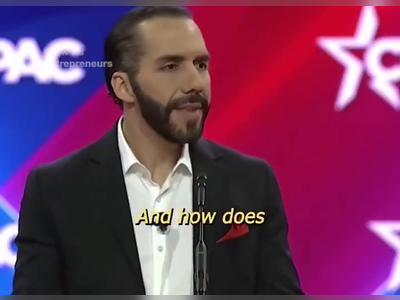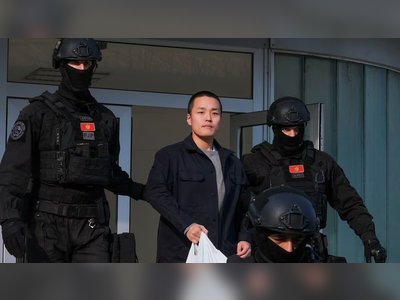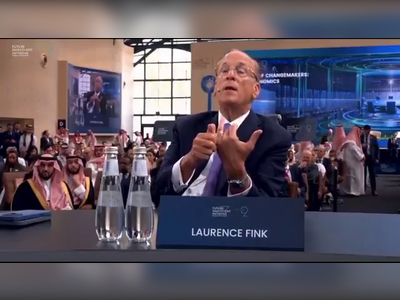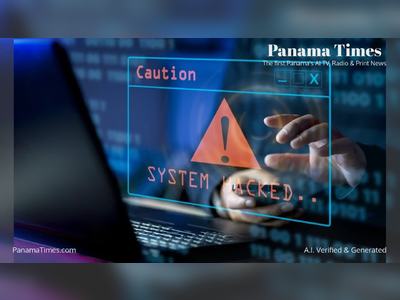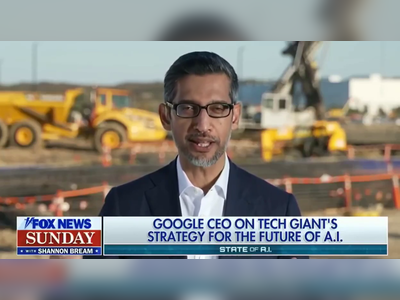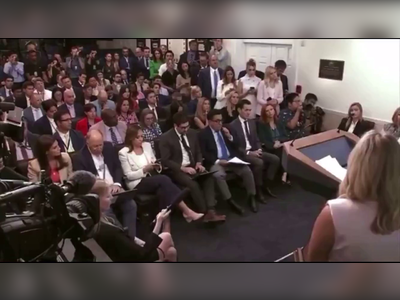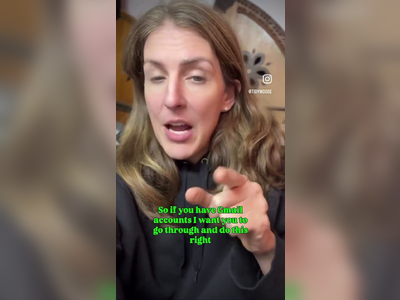
What is private equity? It's like a private investing club, where you buy a piece of non-public companies
Mere millionaires can be involved too. Or those with even less.
Private equity investments are called "private" because they involve buying shares or an ownership stake in private companies or funds, rather than ones traded publicly on the stock market.
Adding private equity to your portfolio opens up a broad new world of investment opportunities that can offer above-average returns. Here's what you need to know before getting started with private equity investing.
What is private equity?
Investing in private equity is a little like dining at a private, members-only club, as opposed to eating in a restaurant that's open to the public.
At its core, private equity consists of investment opportunities in companies or business ventures that are not available on any of the open, public financial markets. They don't have shares that trade daily on a stock exchange, like the Nasdaq or New York Stock Exchange.
Unlike publicly traded stocks or mutual funds and ETFs, private equity funds are not regulated by the Securities and Exchange Commission (SEC), which means they are typically more appropriate for knowledgeable and experienced investors.
How does private equity investing work?
Investing in private equity ventures done through private funds, run by private equity firms with specific investment strategies and areas of expertise.
The vast majority of investors in a private equity fund are known as limited partners (LPs): They simply put up the capital, receiving an ownership stake or shares in the fund in return. In contrast, the fund's general partners (GPs) are responsible for managing and executing the fund's investments. They own a smaller percentage of the shares, too.
In essence, private equity funds gather large sums of money from investors who are in it for the long haul. This money is used to restructure or revamp a struggling company, fund acquisitions and start-ups, or take a company public.
Private equity often requires long investment holding periods, because it takes a while before projects like turning around a troubled firm or launching an initial public offering (IPO) can garner positive returns. The average lifespan of a private equity fund is about 10 years.
At the end of the period, investors get their money back, plus hefty (hopefully) profits raised from sales and IPOs. In certain cases, like that of a real estate limited partnership, investors may also earn regular income along the way, but most of the return is paid at the end.
Who should consider private equity investing?
Private equity funds are out of reach for many investors because they tend to have substantial minimum contribution requirements.
How substantial? Let's put it this way: Some private equity funds will allow you to buy in for as little as $250,000. Others have capital contribution requirements that reach up into the millions.
Many private equity funds are only available to institutional and accredited investors, who are thought to be more experienced and thus able to take on the risk of investing in securities not regulated by the SEC. An accredited investor is one with a net worth exceeding $1 million who's earned an income above $200,000 — or $300,000 if filing jointly — for the past two years.
What are the main types of private equity investments?
Private equity investments take a variety of shapes.
Distressed funding
Distressed funding deals with struggling businesses that have filed for Chapter 11 bankruptcy, allowing them to seek help by agreeing to restructure their business model and create a repayment plan for their debts. In some cases, private equity firms intend to help these businesses by changing up the management and turning the business around. In other cases, it's more about selling the business's assets for a profit.
Leveraged buyouts
A leveraged buyout also involves buying a struggling business, but this time, the goal is for the business to improve its model before being sold for a profit, or issuing an IPO. This type of buyout is the most common form of private equity investment and is often handled by buyout specialists.
Venture capital
Venture capital investing involves offering start-up or early-stage funding for entrepreneurs aiming to ramp up their businesses. It can include providing Series A funding, which is aimed at helping the business optimize its user base and product offerings after demonstrating clear potential.
Specialized Limited Partnerships
Some private equity firms set up funds that invest in specific types of assets. Real estate is especially popular for these funds. Specifically, they often invest in commercial spaces, or in multifamily structures like apartment buildings. Other private equity funds invest in infrastructure projects like bridges and roadways.
Cheaper ways to invest in private equity
Although traditional private equity is only open to high-net-worth or accredited investors, some forms of PE are more democratic — they don't require six figures to play. Here, in rough order of sophistication and means required:
* Angel investing: Angel investors are seasoned entrepreneurs or well-off professionals who put money into start-ups and younger businesses in exchange for part-ownership. Often this is real seed money, for firms too young or small for venture capitalists. Angel investors' stake averages around $75,000.
* Equity crowdfunding: Like other crowdfunding models, equity crowdfunding involves a company or private business using an online platform to raise money from numerous individuals. However, instead of just getting a gift or a cool product, as with regular rewards crowdfunding, private equity crowdfunders actually get part ownership in the business. Additionally, equity crowdfunding's pooled structure means that minimum contribution requirements can be as low as $2,000 or as high as $100,000 — it depends on the investor's income. As an added bonus, these platforms are subject to SEC regulation.
* Fund of funds: A fund of funds is a pooled investment fund that invests in other funds, especially high-end mutual funds and hedge funds. They're priced similarly to mutual funds and usually come with minimum investing thresholds of around $1,000.
Private equity ETFs: There's an exchange-traded fund (ETF) for everything these days. A private equity ETF primarily invests in private companies. They're offered by investment companies that sponsor ETFs, like Invesco (the Invesco Global Listed Private Equity Portfolio) or ProShares (the ProShares Global Listed Private Equity Portfolio), to name two popular ones. With these publicly traded funds, you can buy any number of shares you want, usually.
What are the pros and cons of private equity investing?
Like any other type of investment, private equity investing comes with a distinct set of advantages and disadvantages.
The upsides of private equity
* Private equity offers the potential for substantial returns. Part of the general partner's art is identifying promising companies to invest in, which can be grown and sold off, or taken public, for a big profit.
* For the limited partner, private equity funds are real set-it-and-forget-it investments — the GP does all the work. Perfect for the passive investment crowd.
The downsides of private equity
* Private equity funds carry a lot of fees. Since these investments are unregulated, there's no limit to the amount that private equity firms can charge. Performance fees are paid to the general partners/fund managers for producing positive returns, and the "2 and 20" annual fee structure is common: a firm charges an annual management fee of 2% of the assets being managed and a 20% performance fee on profits generated.
* Private equity investments are illiquid. Private equity firms often require investors to keep their money in the fund for at least three to five years.
* Private equity investments can be high-risk. The companies are untried or troubled, and they may not live up to their potential.
The bottom line
While private equity investing is certainly not for everyone, for those with the capital, it can be a fairly easy way to achieve higher-than-normal returns.
That said, before you decide to go this route, you'll want to do your research on the fund itself, its accompanying fees, and the success of its previous investments. Unfortunately, this information can often be difficult to find, since unregulated funds are not required to share information as readily as public investment funds, like master limited partnerships, mutual funds, or real estate investment trusts (REITs).
That's one reason why private equity investments traditionally have been the realm of institutional investors and sophisticated accredited investors.
But some of the newer private equity investment options, like equity crowdfunding and private equity ETFs, allow investors of smaller means to play — and get in on a promising start-up long before it gets discovered by the public market.


